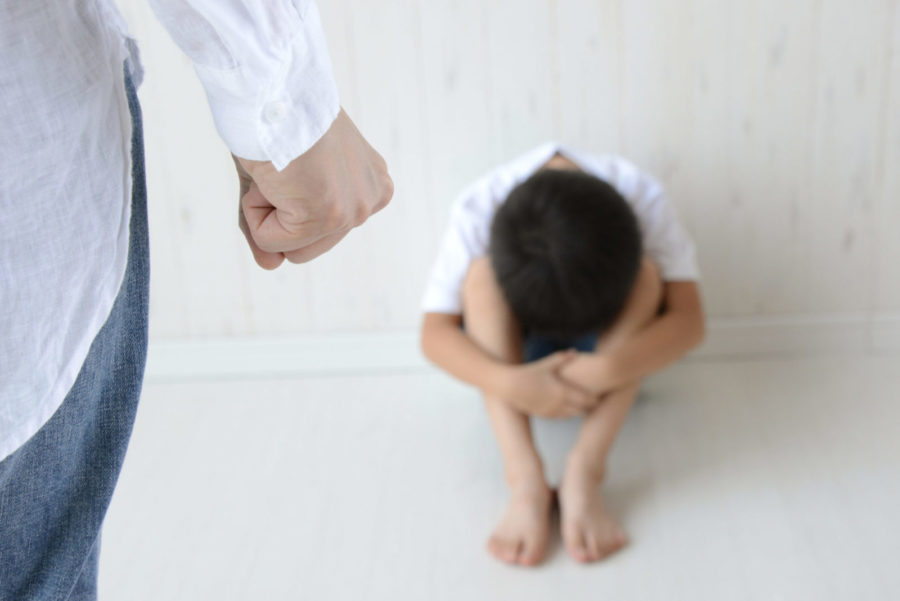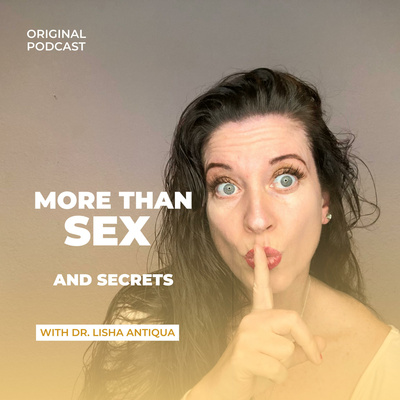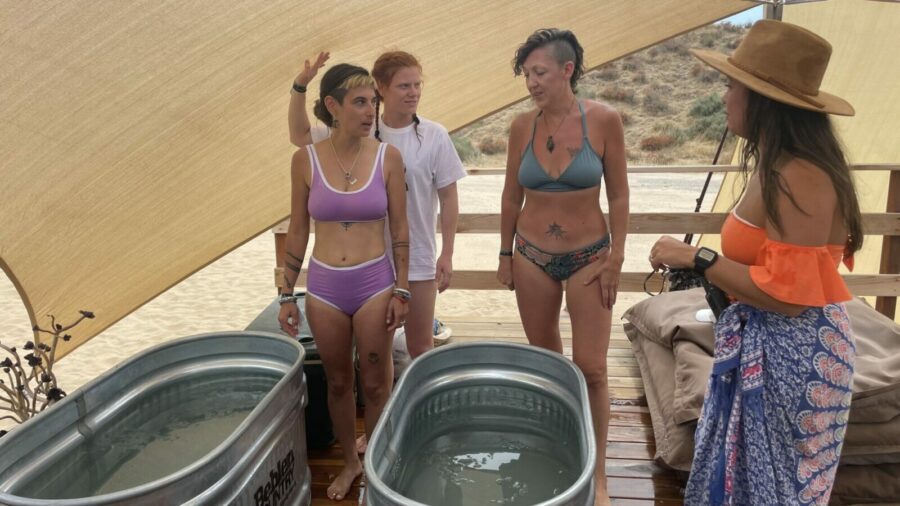“Children should be seen and not heard.”
– Old English Proverb
We are very good at telling our children “no” and “don’t.” In fact, it is the daily mantra for almost all parents and caregivers. As my children played at a playground yesterday, I witnessed at least 30 instances of children being told what not to do in less than an hour. One mother told her son to stop running (on a playground!). Another mother told her daughter not to “climb so high” on a dome that was meant for children to climb on. I am not judging or shaming these mothers. Trust me, as a mother of two toddlers, I get it. “No” is a reflex that is so deeply ingrained in our parenting mentality that it becomes completely automatic. As a society, we have become addicted to telling our children no.
You might be surprised to know that it wasn’t always this way. In fact, for thousands of years we parented our children much differently. We can look to some existing indigenous cultures to find out how we used to parent. Multiple people have done just that. Athors Peter Gray, Jean Liedloff and Michaeleen Doucleff have all written books on the topic of evolutionary parenting examining how parenting approaches have changed during human evolution. They have all come to pretty much the same conclusion: modern day parenting is all about bullying and controlling and although these are the predominate tactics, they don’t produce well adapted children who thrive.
Are you surprised? I was when I first started delving into this topic. While my family wasn’t as strict or disciplined as many, we still had quite a few rules growing up. It wasn’t until I had my second child that I started to question this approach to parenting. My daughter had hit her “terrible twos” and I found myself constantly telling her what not to do. It was honestly quite exhausting. So, I started delving into the research and parenting books and eventually came to understand that the approach that I had inherited from my parents led to many problems with children. I now understand that constantly telling children “no” and what not to do leads to just about every bad outcome you can think of, including mental health problems.
Here are just a few of the child outcomes from controlling parenting:
- Low self-esteem and self-efficacy
- Lack of independence and autonomy
- Inability to make decisions
- Engaging in dangerous risk-taking behavior
- Substance abuse
- Unhealthy relationships
- Low tolerance for stressful situations
- Poor boundaries
- Fearing mistakes
- Lack of creativity and spontaneity
- Poor bonding and connection to the parent
- Problems/difficulties at school
Here are some of the mental health diagnoses that can result from controlling our children:
- ADHD/ADD
- Anxiety
- Depression
- Obsessive Compulsive Disorder
- Oppositional Defiant Disorder
- Antisocial Personality Disorder
As a holistic psychiatrist, I have witnessed firsthand the effects that controlling parenting has on children. As a mother of two toddlers, I have also seen it firsthand. When I first started becoming aware of this problem, I tried counting how many times I said “no” or “don’t” in a day. I actually lost count because the number was so high. I had unwittingly been controlling my children (despite my very good intentions). My husband and I made the conscious decision to stop controlling our children. It was one of the hardest things I have ever done, and if I’m being honest, I still constantly slip up and need to remind myself. But we tried to completely remove commands from our parenting vocabulary. We stopped bossing our kids around. And you want to know what happened? Did our children turn into disobedient, rude little monsters? Quite the opposite. They are some of the most polite, caring, creative, loving little kiddos you could ever meet. And you know what else? When I practice this style of parenting, I actually feel like a better human. I don’t feel like I’m constantly grasping and forcing. It feels so much more natural and like there is a flow to life.
Are you feeling convinced or still very suspicious? How could this ever work? Don’t children need discipline? Is this holistic psychiatrist mama a quack? It’s okay if you still have these questions. But, as I like to say, the proof is in the pudding. If you are a parent or caregiver, or even if you’re not (this technique also works great with adults!), I challenge you to observe yourself today. Watch and count how many times you tell someone else what to do. And then do a little experiment and see what happens if you stop. You might be shocked at what you discover!
Interested in learning more about a non-controlling parenting approach? I highly recommend these books:







Leave A Comment